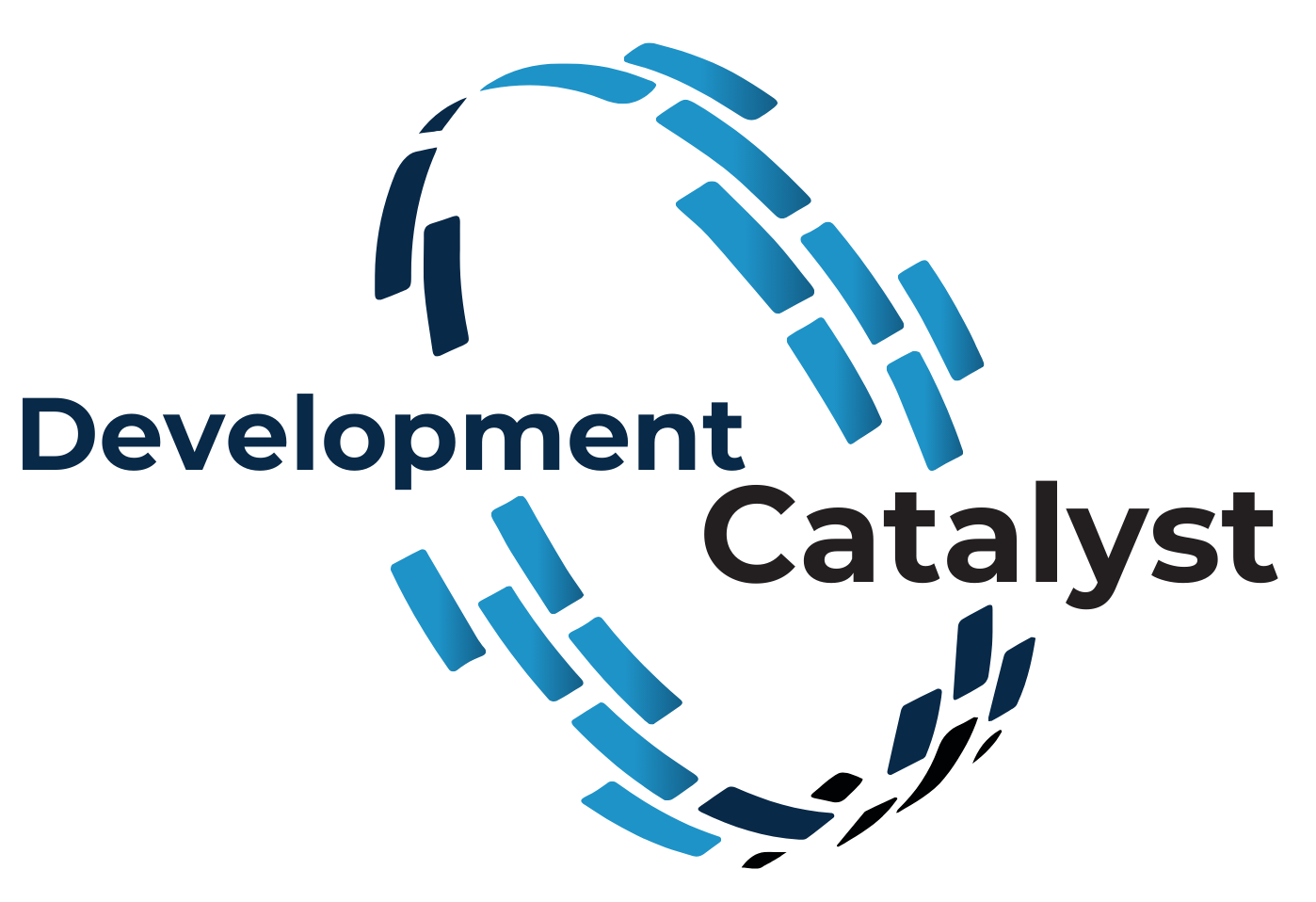Why Civic Engagement Matters Beyond Elections

Democracy is more than just casting a vote during elections—it requires continuous participation, oversight, and accountability from citizens. While Nigeria and many other developing democracies have seen periodic elections, they have not always translated into better governance. The missing link? Sustained civic engagement.
Civic engagement ensures that citizens remain active participants in governance beyond election cycles. It empowers people to hold leaders accountable, influence policy decisions, and contribute to national development. This article explores why civic engagement is essential for governance reform, its impact across different societies, and actionable steps for increasing participation in Nigeria and beyond.

What Is Civic Engagement?
Civic engagement refers to individual and collective actions that work toward addressing public concerns, influencing governance, and improving communities. According to the Center for Information & Research on Civic Learning and Engagement (CIRCLE), civic engagement includes activities such as:
- Participatory policymaking – Citizens contributing to policy formulation through consultations, town halls, and petitions.
- Advocacy and activism – Civil society organizations (CSOs) and grassroots movements pushing for legal or systemic reforms.
- Community service and volunteerism – Citizens taking responsibility for social development through local projects.
- Watchdog functions – Tracking government performance, exposing corruption, and holding leaders accountab
These actions create sustainable governance systems that prioritize transparency, accountability, and responsiveness to public needs.


The Role of Civic Engagement in Governance Reform
1. Holding Leaders Accountable
When citizens engage consistently with government institutions, they create a culture of accountability. For example, the Open Government Partnership (OGP), launched in 2011, promotes government transparency by involving civil society and citizens in decision-making. Countries participating in OGP, such as Ghana and South Africa, have seen significant improvements in transparency and anti-corruption measures.
2. Strengthening Public Institutions
Governance reform is not just about changing leadership—it’s about improving the institutions that sustain democracy. In Nigeria, initiatives like BudgIT and Tracka have empowered citizens to monitor public budgets and track government spending, reducing opportunities for financial mismanagement.There are multiple ways to support Development Catalyst:
3. Encouraging Policy Innovation
Civic participation introduces diverse perspectives that improve policymaking. A study by the United Nations Development Programme (UNDP) shows that when citizens are involved in policy discussions, governments adopt more inclusive and effective policies that reflect real public concerns.
4. Enhancing Political Literacy and Public Awareness
Informed citizens are empowered citizens. Countries that invest in civic education—such as Finland, which integrates democracy education into school curricula—report higher political participation and lower corruption levels. A 2019 Afrobarometer survey found that in Africa, citizens with access to civic education were more likely to demand government accountability.
Case Studies: How Civic Engagement Has Transformed Governance


1. Tunisia’s Democratic Transition (2011 – Present)
After the 2011 Arab Spring, Tunisia transitioned from dictatorship to democracy. Civil society organizations, such as the Tunisian General Labor Union (UGTT), played a critical role in ensuring free elections, constitutional reforms, and a more inclusive political process. Tunisia’s case demonstrates how grassroots civic movements can lead to systemic governance changes.
2. The #EndSARS Movement in Nigeria (2020)
The #EndSARS protests against police brutality in Nigeria mobilized millions of young Nigerians globally. Although the movement started as a call to disband the Special Anti-Robbery Squad (SARS), it evolved into a broader demand for police and governance reform. While challenges remain, the movement reshaped civic consciousness and increased youth participation in governance discussions.
Challenges to Civic Engagement in Governance Reform
Despite its benefits, civic engagement faces several obstacles, including:
- Government resistance to public participation – Many governments still operate opaquely, limiting access to information.
- Low political literacy – A significant percentage of citizens, especially in rural areas, lack awareness of their civic rights and responsibilities.
- Weak institutions – In some countries, public feedback mechanisms are ineffective, making it difficult for citizens to influence governance
- Security concerns – Activists and civil society leaders often face intimidation, harassment, or violence in some regions.
Addressing these challenges requires collaborative efforts between governments, civil society, and international organizations to strengthen civic participation frameworks
How to Strengthen Civic Engagement for Governance Reform
1. Leverage Technology for Digital Participation
Governments should expand e-governance tools, such as:
- Online petition platforms (e.g., Change.org, CitizenLab) to facilitate public discourse.
- Mobile apps for policy feedback (e.g., South Africa’s GovChat) to bridge communication gaps between governments and citizens.
2. Institutionalize Civic Education
Educational institutions must integrate civic education into school curricula to empower future generations. Organizations like ICAN (International Civic Engagement Network) provide training to improve youth political literacy.
3. Support Independent Media and Watchdog Organizations
A free press and investigative journalism play a crucial role in governance reform. Initiatives like Premium Times Centre for Investigative Journalism (PTCIJ) in Nigeria highlight governance failures and promote transparency.Educational institutions must integrate civic education into school curricula to empower future generations. Organizations like ICAN (International Civic Engagement Network) provide training to improve youth political literacy.
4. Strengthen Civil Society Organizations (CSOs)
CSOs act as intermediaries between governments and citizens. Strengthening groups like BudgIT, SERAP (Socio-Economic Rights and Accountability Project), and Connected Development (CODE) can amplify civic voices in policy discussions.
5. Encourage Youth-Led Advocacy
Youth movements like YIAGA Africa and Not Too Young to Run have successfully influenced electoral reforms and political inclusivity in Nigeria. More young people should be encouraged to participate in policy advocacy.CSOs act as intermediaries between governments and citizens. Strengthening groups like BudgIT, SERAP (Socio-Economic Rights and Accountability Project), and Connected Development (CODE) can amplify civic voices in policy discussions.
Civic Engagement as the Future of Governance
Governance reform does not happen once every four years—it requires consistent, informed, and strategic civic engagement. By participating in governance beyond elections, citizens can drive long-term policy reforms, hold leaders accountable, and strengthen democratic institutions.
For Nigeria and other developing nations, investing in digital platforms, civic education, and grassroots advocacy will bridge the gap between government and the governed, ensuring that governance works for the people.
Get Involved with Development Catalyst
At Development Catalyst, we are committed to empowering citizens with the tools and knowledge to drive governance reform. Whether through policy dialogues, hackathons, or youth-led advocacy, we provide platforms for civic participation and innovation.Governance reform does not happen once every four years—it requires consistent, informed, and strategic civic engagement. By participating in governance beyond elections, citizens can drive long-term policy reforms, hold leaders accountable, and strengthen democratic institutions.
For Nigeria and other developing nations, investing in digital platforms, civic education, and grassroots advocacy will bridge the gap between government and the governed, ensuring that governance works for the people.
- Join our governance reform initiatives
- Participate in our upcoming policy dialogues and events
- Subscribe to our thought leadership insights
- Let’s shape the future of governance—beyond elections.






